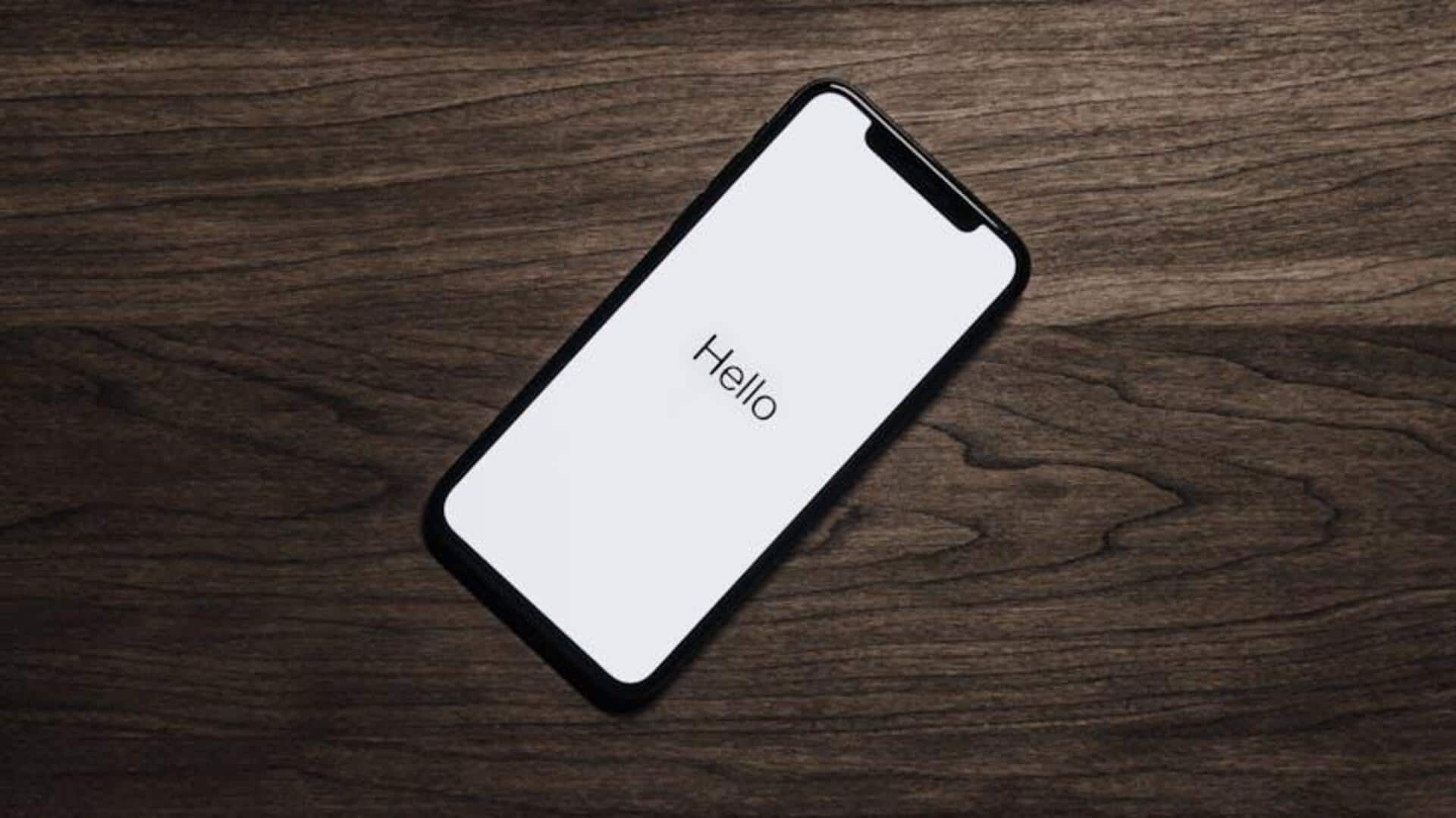
How to secure your smartphone from data breaches
What's the story
In today's digital age, smartphones have become an inseparable part of our lives, holding tons of personal and sensitive information. Given the growing threat of data breaches, it is important to take proactive measures to secure your smartphone. Here are some practical tips to protect your device from unauthorized access and potential data theft.
Tip 1
Use strong passwords and biometrics
One effective way to secure your smartphone is by using strong passwords or passcodes. Don't go for easy combinations such as "one, two, three, four" or "password". Rather, use a combination of letters, numbers, and symbols. Also, turn on biometric authentication like fingerprint or facial recognition if your device supports it. These features add an additional layer of security, ensuring only you can unlock your phone.
Tip 2
Keep software updated
Regularly updating your smartphone's operating system and apps is key to staying secure. Software updates often come with patches for vulnerabilities that can be exploited by hackers. Enable automatic updates if possible, so that you don't miss out on any critical fixes. Keeping all software up-to-date minimizes the risk of potential breaches.
Tip 3
Be cautious with app permissions
When installing new apps on your smartphone, watch out for the permissions they seek. Some apps may ask for access to unnecessary data or features on your device. Only grant permissions that are critical for the app's functionality. Check app permissions regularly in settings, and revoke any that appear excessive or suspicious.
Tip 4
Use secure networks
Connecting to public Wi-Fi networks can expose your smartphone to risks like man-in-the-middle attacks. Hackers intercept data between devices connected over unsecured networks like those found in cafes, airports, etc. Whenever possible, use a virtual private network (VPN) when accessing public Wi-Fi. This encrypts internet traffic, making it harder for attackers to intercept communications between devices connected over unsecured networks like those found in cafes, airports, etc.